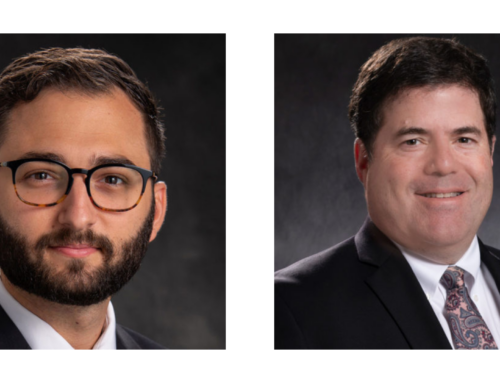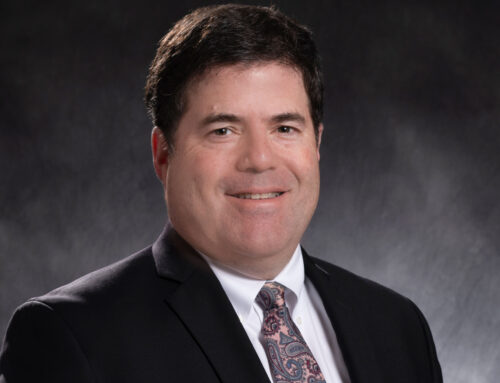By: Scott Borsack
On April 23, 2020, the Department of Treasury announced that Ruth’s Chris Steak House was returning their Paycheck Protection Program (PPP) loan proceeds and that further guidance would be released on qualification for the loan by large companies with adequate courses of liquidity to support the ongoing operations of a business. There has been somewhat of a political storm around publicly traded companies and those supported by well financed hedge funds making applications for PPP loans. The large banks have apparently played some favoritism in granting loans to the detriment of smaller businesses. Several banks are named as defendants in litigation alleging just that.
Into this environment, last evening more questions and answers were released, some of which were previously released and others new. Among them a new Question 31 which admonishes borrowers to review carefully the required certification that “[c]urrent economic uncertainty makes this loan request necessary to support the ongoing operations of the Applicant.” Borrowers must make this certification in good faith, taking into account their current business activity and their ability to access other sources of liquidity sufficient to support their ongoing operations in a manner that is not significantly detrimental to the business.
As an example of a business that does not really require assistance, the Answer continues that “a public company with substantial market value and access to capital markets will be able to make the required certification in good faith, and such a company should be prepared to demonstrate to SBA, upon request, the basis for its certification.”
All of this is not terribly helpful. It is clear that the Department of Treasury intends to draw the line at well-funded public companies which have adequate sources of capital to get through tough financial times. It is interesting to note that in passing the CARES Act, Congress eliminated the personal guarantee, collateral and the lender of last resort provisions. Had they wanted to eliminate the small business concerns which had access to capital, they could have left in place the lender of last resort provision, for example.
The purpose of the legislation, we are told, was to provide the means for employers to pay wage compensation to employees. The SBA further interpreted the CARES Act to require that employers use 75% of loan proceeds for payroll costs. If a well-funded publicly traded company experienced a greater than 80% reduction in revenue, without assistance or relief, they could borrow to pay their employees or rely on PPP to do so. We heard for days how PPP was a cheaper means to get wages to employees than state unemployment which was being overrun. If a borrower acts in accordance with the Act, uses more than 75% of the loan to pay employee payroll and the balance is either used on rent, utilities or mortgage interest, or returned to the lender, has the borrower violated the spirit, purpose or intent of the CARES Act or the PPP?
Will SBA now require, contrary to the CARES Act, that all borrowers have to demonstrate that they had no other reasonable access to capital to pay their employees? If an employer was not otherwise able to pay employees without the proceeds of the PPP loan, are they expected to return the proceeds of the loan now and lay off all of their employees, throwing them into the unemployment pool?
I find nothing about this Q&A that is helpful or sets a bright line that can be easily understood by the vast majority of applicants now borrowers under PPP. For public companies that have substantial value and have access to capital markets that are actively lending, the Department of Treasury is embarrassed by their activity. For the business with revenue reductions of more than 50% who cannot pay their employees without help where business seems uncertain, we learned nothing new. The facts of the Ruth’s Chris loan are bad. If we have learned one thing it’s that law made on bad facts leads to bad law.
We should be more confused now, not less confused. Expect more backlash in the marketplace and further rules clarifying the clarification of the clarification.
Join me on Thursday April 30, 2020 at 2:30 PM as I try to bring further clarification to the Paycheck Protection Program loan forgiveness in a special webinar with NJBIA. Click here to register.
Scott Borsack is a partner with Szaferman Lakind and chair of the Business Department. To contact Scott please email him at sborsack@szaferman.com or call 609.275.0400.
For more COVID-19 related resources and articles visit our COVID-19 Resource Center.
The foregoing is intended for general information purposes and is no substitute for specific legal advice.






